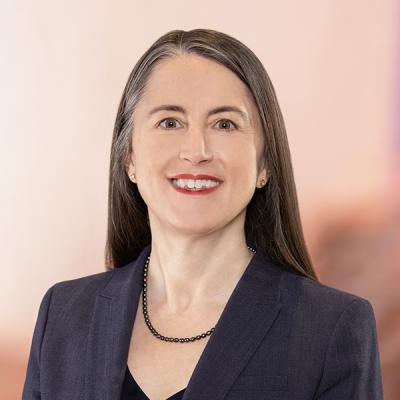Telephone and Texting Compliance News: Regulatory Update — July 2025
Industry Groups Weigh in on Non-IP Call Authentication
As we reported in April, the Federal Communications Commission (FCC) has initiated a rulemaking proceeding aimed at shoring up the nation’s telecommunications networks against unlawful robocalls. The Commission’s Notice of Proposed Rulemaking proposes requiring voice service providers to either upgrade their networks to all-IP and implement STIR/SHAKEN or implement one or more of the three non-IP call authentication standards proposed in the rulemaking.
Among those that filed comments were multiple industry groups, which argued that, rather than mandating specific, non-IP caller ID authentication solutions, the FCC should prioritize facilitating the transition to all IP-based networks. For example, the Competitive Carriers Association and CTIA noted that a non-IP authentication mandate might ultimately divert resources from network upgrades and undermine the FCC’s goal of end-to-end IP-based call authentication (i.e., STIR/SHAKEN). NCTA echoed these concerns and recommended that the FCC establish an industry working group to guide the final stages of an IP transition.
Similarly, USTelecom pointed out that IP-based solutions are more secure, scalable, and cost-effective than any of the proposed non-IP frameworks, and expressed skepticism that the FCC’s proposed non-IP authentication solutions have the “necessary infrastructure to be ‘reasonably available’ and ‘effective’ vehicles for caller ID authentication trust under the TRACED Act.” INCOMPAS and the Cloud Communications Alliance went furthest in their call for an IP transition. Their comments called for a firm deadline for providers to upgrade their networks to IP, and noted that “[t]here is no technical or reasonable economic argument to prevent TDM-in-the-middle providers from upgrading to IP.” They added that many providers’ current implementation of STIR/SHAKEN is being undermined by these legacy, non-IP interconnection points.
On the other hand, NTCA, which represents smaller and rural carriers, supports the FCC’s proposals asserting that non-IP call authentication solutions are now sufficiently available and effective to support widespread call authentication on any network. While their comments also highlight the challenges rural providers face when upstream interconnection remains non-IP, they ultimately recommend a similar approach to the FCC, urging both the implementation of a non-IP authentication solution within 18 to 24 months and adoption of a set of rules to ensure fair cost apportionment and regulatory support for rural carriers that transition their networks to IP.
Stakeholders will have another opportunity to weigh in on the FCC’s proposals and respond to others’ comments during the reply comment period, which closes on August 15, 2025.





